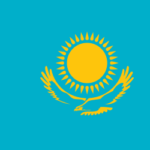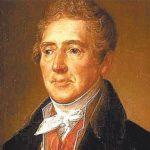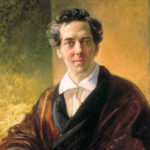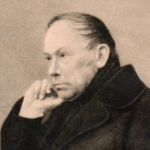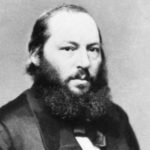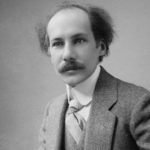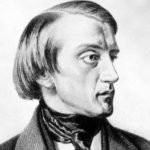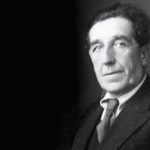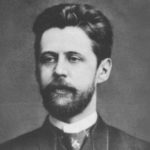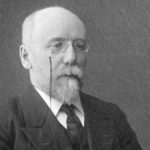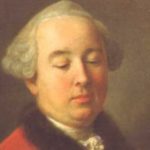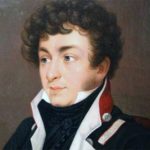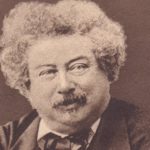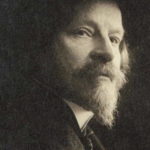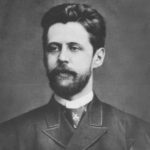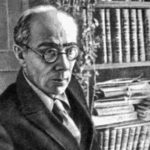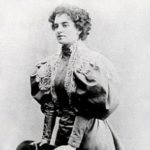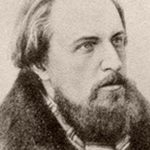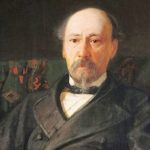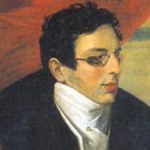Facts from the life of Abai Kunanbayev
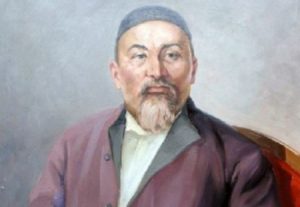 The famous Kazakh poet and public figure Abai Kunanbayev was a real educator. He had a great influence on the further development of the literature of Kazakhstan and in general became one of the founding fathers of the Kazakh written literary genre. To many Russian poetry lovers, he is not very well known, but for Kazakhstan he was a person of the same scale as Alexander Sergeyevich Pushkin for Russia.
The famous Kazakh poet and public figure Abai Kunanbayev was a real educator. He had a great influence on the further development of the literature of Kazakhstan and in general became one of the founding fathers of the Kazakh written literary genre. To many Russian poetry lovers, he is not very well known, but for Kazakhstan he was a person of the same scale as Alexander Sergeyevich Pushkin for Russia.
With his work, he sought to unite the Kazakh, Russian and European cultures.
Abai Kunanbayev is considered one of the most prominent literary reformers in the history of Kazakhstan.
His nephew Shakarim Kudarberiyev is also one of the most famous poets of Kazakhstan.
They called Abai Kunanbayev Ibrahim, and “Abai” is a nickname given to him by his grandmother. It means attentive.
Abai Kunanbayev wrote his first serious poems at a mature age when he was about 40 years old.
Abai’s father had four wives, one of which was the poet’s mother.
Abai Kunanbayev himself had three wives and twenty children.
In addition to literary work, Abay composed music and put his poems on it.
A large museum dedicated to the life and work of Abay Kunanbayev, is located in London, the capital of Great Britain.
He began to work at the age of 13, when his father began to gradually introduce him to administrative work.
Most of the work of Abai Kunanbayev is permeated with the requirement of equality for men and women. By the way, he actively fought for the rights of women in public life, not only in verse.
In Moscow there is a monument to Abai, it is installed on Chistye Prudy.
He had a hand in the first legal document written in the Kazakh language.
During the times of the Russian Empire, Abai Kunanbayev repeatedly encountered trouble with those in power, as he never hid the fact that he supported many political exiles, mostly disgraced writers and poets.
Abai Kunanbayev translated a number of works by Ivan Krylov, Alexander Pushkin and Mikhail Lermontov into Kazakh.
There are monuments to the Kazakh poet in different countries, including Iran and Turkey.
During his life, Abai Kunanbayev wrote about 170 poems, and became the author of translations of another 56.
In addition to small poems, Abay also composed several large-scale poems.
Abai Kunanbayev was rich enough. During his lifetime, he owned large herds of camels and sheep, numbering several thousand heads.
The city of Abai, located in the north of Kazakhstan, is named after Abai Kunanbayev.
All his major works have been translated into Russian. Most of the translation was done by Rolan Seisembayev, one of his students.
The name of Abay Kunanbayev is carried by the streets in dozens of cities in 6 countries of the world.
Abai considered the worst human qualities to be lazy and unwillingness to strive for something new.
It is authentically known that he did not write down some of his poems, writing and reciting them impromptu, so they have not survived to this day.
The portrait of Abay Kunanbayev is depicted on a 20 tenge banknote issued in the early 90s of the last century.
